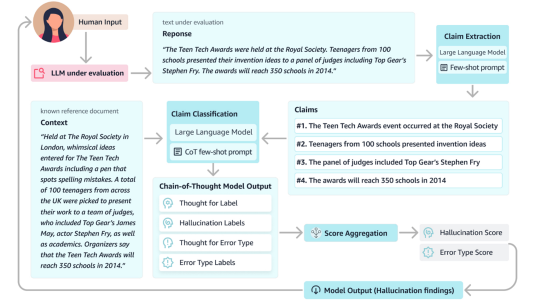Most existing works on few-shot object detection (FSOD) focus on a setting where both pre-training and few-shot learning datasets are from a similar domain. However, few-shot algorithms are important in multiple domains; hence evaluation needs to reflect the broad applications. We propose a Multi-dOmain Few-Shot Object Detection (MoFSOD) benchmark consisting of 10 datasets from a wide range of domains to evaluate FSOD algorithms. We comprehensively analyze the impacts of freezing layers, different architectures, and different pre-training datasets on FSOD performance. Our empirical results show several key factors that have not been explored in previous works: 1) contrary to previous belief, on a multi-domain benchmark, fine-tuning (FT) is a strong baseline for FSOD, performing on par or better than the state-of-the-art (SOTA) algorithms; 2) utilizing FT as the baseline allows us to explore multiple architectures, and we found them to have a significant impact on down-stream few-shot tasks, even with similar pre-training performances; 3) by decoupling pre-training and few-shot learning, MoFSOD allows us to explore the impact of different pre-training datasets, and the
right choice can boost the performance of the down-stream tasks significantly. Based on these findings, we list possible avenues of investigation for improving FSOD performance and propose two simple modifications to existing algorithms that lead to SOTA performance on the MoFSOD benchmark. The code is available here.
Rethinking few-shot object detection on a multi-domain benchmark
2022
Research areas




